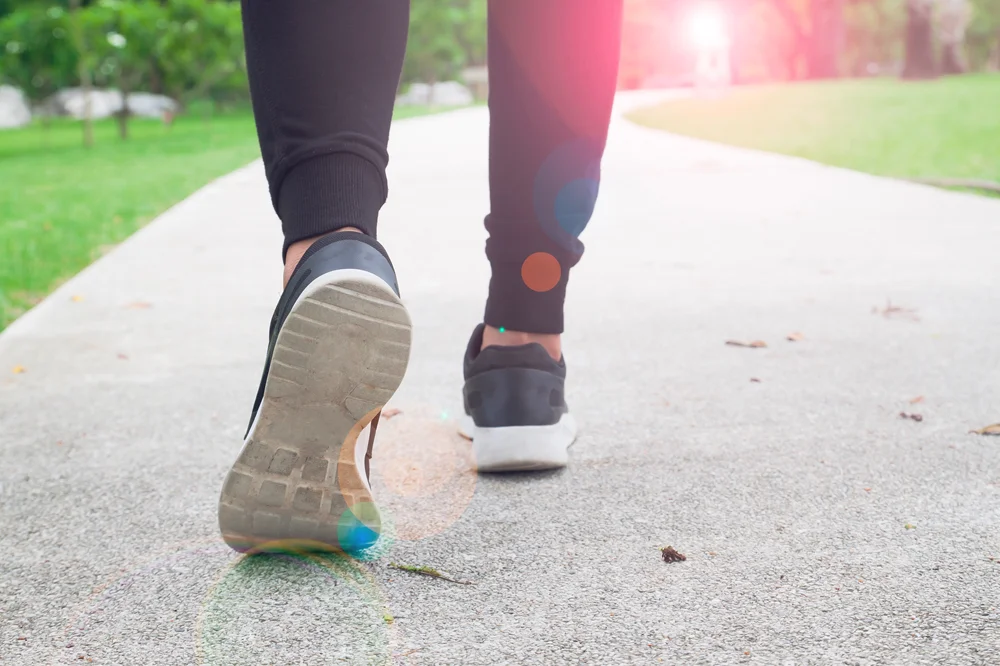When it comes to supporting our mental health, tapping into the connection between body and mind is a powerful practice. Knowing how to use effective mental coping skills is invaluable, but neglecting the body can leave us vulnerable to issues like anxiety, depression, and stress. The good news? Implementing even modest changes can yield significant benefits—and in study after study, almost nothing has proven as effective as movement and exercise in supporting our mental health.
Consider exercise a powerful antidote in the realm of mental well-being. Whether it’s a brisk walk, a workout routine, or a dance session, physical activity acts as a natural mood enhancer. This is because exercise prompts the release of endorphins: the body’s natural stress relievers. These chemicals not only alleviate pain, but can also induce feelings of joy and well-being; thus counteracting the sense of lethargy and fatigue that often accompanies issues like anxiety, chronic stress, and depression. Here, exercise acts as a rejuvenating force. Regular physical activity also improves sleep quality, boosts energy levels, and enhances overall cognitive function—making it a holistic, broad approach to combating the debilitating effects of these mental health challenges.
Moreover, exercise provides a constructive outlet for stress and anxiety when they do occur. Instead of allowing negative thoughts to spiral, engaging in physical activity redirects focus and promotes a sense of accomplishment. It’s a powerful strategy for breaking free from the cycle of rumination. And the benefits extend beyond the immediate aftermath of exercise—establishing a consistent routine fosters a sense of discipline, control, and empowerment. A movement practice becomes a proactive step towards reclaiming agency over our mental well-being.
That said, life can be unpredictable, and committing to a strict exercise regimen may seem daunting—the key lies in embracing flexibility. Whether it’s a daily workout or a spontaneous yoga or dance break, each instance counts. We don’t need perfection to reap the benefits, and even a short practice can make a difference.
In essence, practicing movement is an all-natural, accessible tool in our toolbox for coping with the challenges posed by anxiety, chronic stress, depression, and other concerns. By incorporating regular physical activity into our lives, we not only strengthen our bodies but also build mental resilience, empowerment, and peace.



